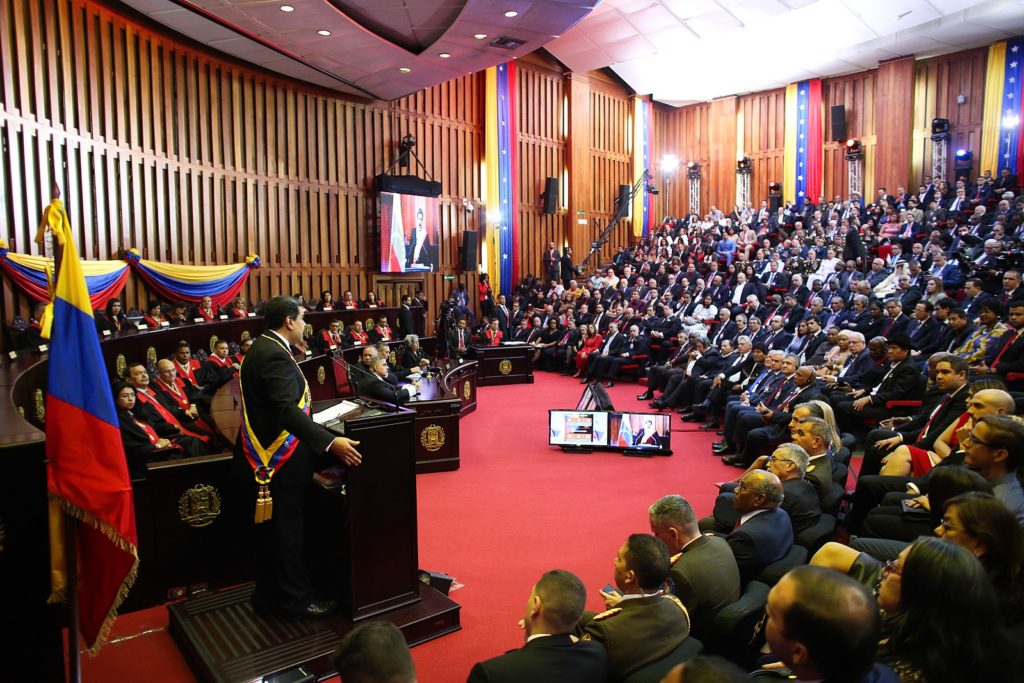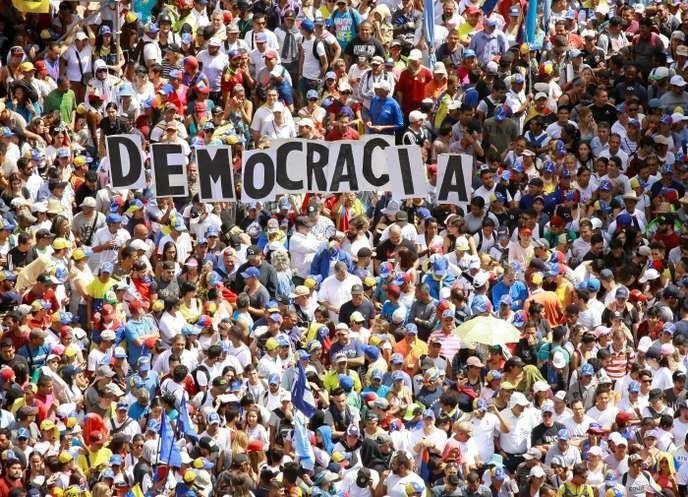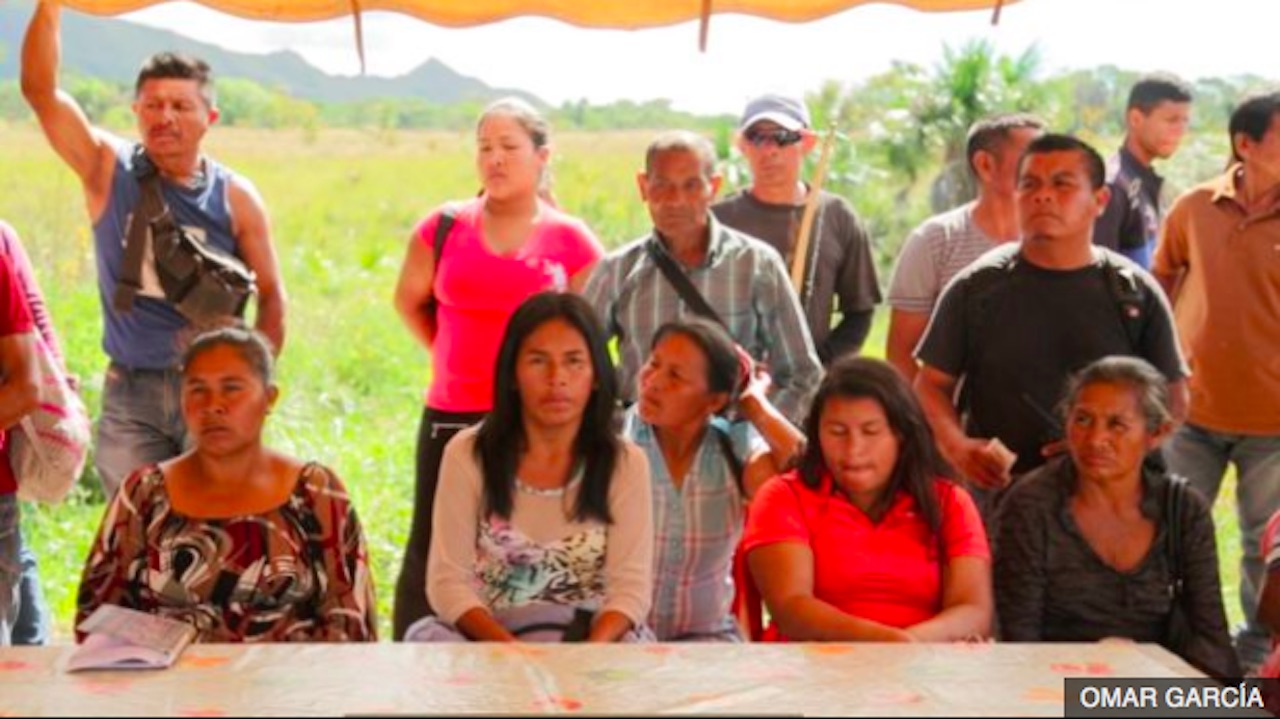On Tuesday, November 9, I received an email confirming my selection to participate in the Paris Peace Forum 2020, now in its third edition. This forum is held annually from November 11 to 13 in Paris, France, and mobilizes all sectors of the international community in the promotion of spaces for debate to seek solutions to world problems. Its official languages are English and French
This edition, besides being considered “unique”, was innovative in that it kept going despite the Covid-19 pandemic that we are experiencing today. Through a completely digital platform, it brought together more than 12,000 participants, actors from the international community, heads of state, members of civil society, foundations, philanthropic organizations, and universities.
The main topics addressed in previous editions were maintained in this year’s debate, including 1) Peace and Security, 2) Development, 3) Environment, 4) New Technologies, 5) Inclusive Economy, and 6) Culture and Education. In addition to these issues, the possible solutions for the Covid-19 pandemic could not be ignored, and all the discussions addressed this concern. Another important topic in all the presentations was the so-called “Generation Equality”.
This time, I had the task of representing the Non-Governmental Organization “Un día más” (One More Day) in my role of Director of Planning and Management, before the other members of the forum. Our organization is dedicated to the promotion, protection, and defense of Environmental Rights and the promotion of sustainable practices for development. We were fortunate to raise the voice for Venezuelan civil society before the international community in the company of other fellow members of sister organizations.
The digital platform was divided into several stadiums, where you could synchronize the debates and forums of your interest according to a schedule of your choice. At the time of sending the registration request to participate as a guest or as a media correspondent, you had the option to select the topics that best suit your work areas and interests. In my case, considering my work as an activist in Human Rights, I chose Peace and Security, Environment Development, Culture, and Education.
The opening day of the Paris Peace Forum took place on November 11, 2020. The forum then had more than 117 hours of live streaming and 178 sessions and project presentations, until the date of its completion on November 13. The interactions during the debates were made through written messages. While the speakers of each session discussed the scheduled topic, you had the option of asking questions and giving out your opinions.

I attended different presentations during the days of debate. One of them was entitled “From crisis to opportunity: Drug and incarceration policies during Covid-19”, with the participation of Michelle Bachelet, United Nations High Commissioner for Human Rights and former President of Chile, and Helen Clark, President of the Global Commission on Drug Policy and former Prime Minister of New Zealand. During the discussions, the speakers stressed the importance of establishing alliances between governments to counteract the irregularity caused by border closures while maintaining peace and security.
At the same time, I participated in the forum entitled “Generation Equality Forum: building a post-crisis world more equal for women and men”, sponsored by UN Women, where the speakers gave out ideas on the first post-crisis meeting and the topics of discussion. Personalities such as Phumzile Mlambo-Ngcuka, Executive Director of UN Women, participated in this presentation. During all the debate sessions, and regardless of the topic -be it the sustainable economy, climate change, development, or others-, the participants underlined the need to seek solutions that include all sectors of society, empowering the communities most affected by Covid-19 and speaking out for those who cannot.
The Paris Peace Forum 2020 had the participation of heads of state, leaders of Civil Society, members of International Organizations, and academics. More than 150 countries were present through the interactive platform. Among the prominent speakers of this edition are Emmanuel Macron, President of France; Justin Trudeau, Prime Minister of Canada; Antonio Guterres, Secretary-General of the United Nations; Audrey Azoulay, Director-General of the United Nations Educational, Scientific And Cultural Organization (UNESCO ), and Tedros Ghebreyesus, Director-General of the World Health Organization (WHO).
The Paris Peace Forum not only welcomes members of the international community, but also establishes an instrument for people all over the world, whether they are activists, members of civil society, international organizations, companies, or local authorities, to present their projects focused on the six main topics of discussion. This year, the call started in March and received more than 850 applications, of which 100 were selected. The projects addressed areas directly related to the current context, with an emphasis on health governance and the use and regulation of digital tools and platforms to respond to the Covid-19 crisis.
“We are not the same, but we can share certain values. We are different, but we can be together. We have to accept the differences, but walk together towards what we want to build in common”
Macky Sall, President of the Republic of Senegal.
Without a doubt, this edition was fully adapted to the current circumstances of the global context. The forum was initially planned to be held face-to-face in Paris, France, with participants from more than 150 invited countries. However, holding a virtual event was a complete success in light of the terrible situation we are going through as a community due to the Covid-19 pandemic. A focal point during the debate, the President of the French Republic Emmanuel Macron assured that “We will not defeat the virus by abandoning part of humanity”, reaffirming once again the importance of the interaction between members of the international community.
The platform, completely oriented to networking, allowed people to maintain direct contact with all the participants and speakers during the three days of the event.
The forum established an instrument to showcase your projects, ideas, and solutions by creating a network that allowed participants to further the interactions created in the forum. In my case, I had the opportunity to contact the renowned United Nations Development Program to discuss the climate situation in Venezuela and forge alliances to continue working in the field of activism.
From my participation in this year’s edition, I highlight the importance of reinventing ourselves, of not allowing ourselves to be overwhelmed by the unforeseen situation that we are experiencing as a community. I encourage Venezuelan civil society to continue conquering spaces in the international spheres to raise awareness of the internal situation of our country and seek solutions and connections that allow us to achieve change. This time it was my turn to participate in the forum, but I firmly believe that many young people like me are doing hard work to change the context in which we live, keeping in mind that change begins in us.
“It is our job as a Non-Governmental Organization to make the situation of our country known to the international community and seek to create alliances that benefit the Venezuelan people and the protection of the Rights and dignity of our citizens.”
Verónica Barboza Huerta, Director of Planning and Management at the Non-governmental Organization “Un Día Más”.
Translated by José Rafae Medina




